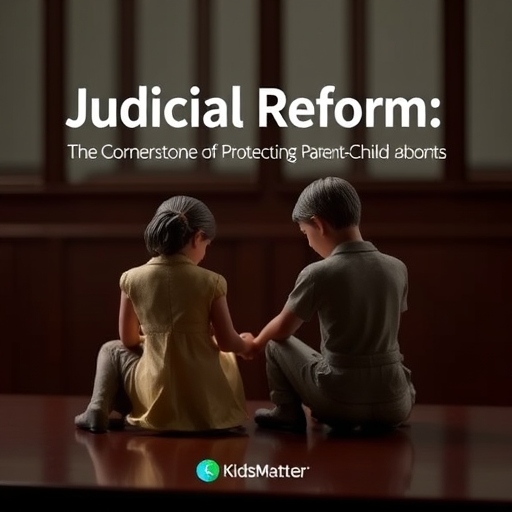
Family courts play a crucial role in shaping the lives of children and parents. Yet, systemic flaws often result in decisions that fracture parent-child bonds instead of safeguarding them. While family courts aim to prioritize the best interests of children, inconsistent rulings, lack of accountability, and outdated practices often harm families. Judicial reform isn’t just a necessity; it’s a moral imperative.
- Why Judicial Reform is Needed:
Many family court rulings rely on subjective assessments or outdated laws that fail to reflect the complexities of modern families. This often results in unequal custody arrangements, alienation of one parent, or neglect of a child’s emotional needs. - The Role of Accountability:
Judicial reform must include clear accountability measures, such as mandatory review boards for contested rulings and regular training for judges in child psychology and family dynamics. This can ensure rulings align with the best interests of the child. - Legislative Advocacy and Grassroots Movements:
Grassroots organizations like KidsMatter have been at the forefront of demanding transparency and fairness in family courts. Their campaigns highlight the human cost of systemic failures and propose actionable reforms to address them. - International Examples of Reform:
Countries like Sweden and Australia have adopted collaborative parenting laws and mediation-based systems to reduce adversarial custody battles, offering models that others can learn from.
Judicial reform is about more than fair rulings—it’s about protecting families, fostering healthier relationships, and creating systems that prioritize the well-being of children over bureaucratic convenience.

